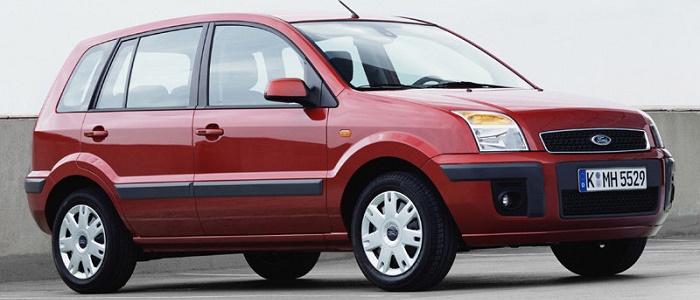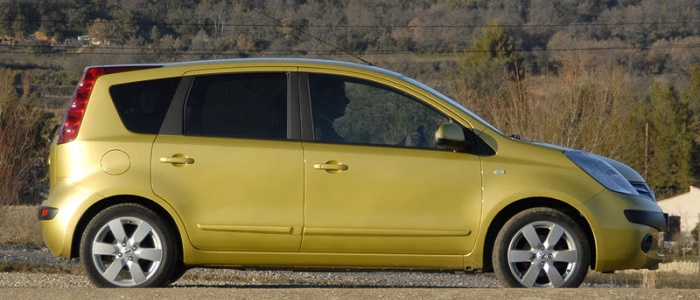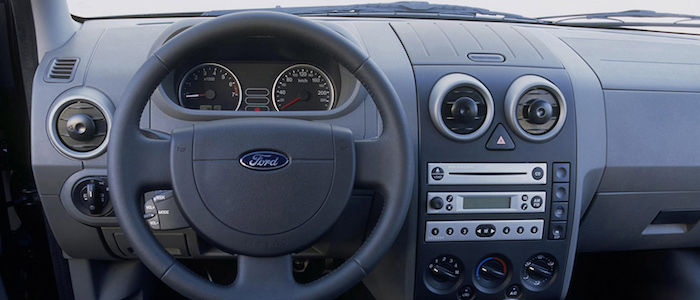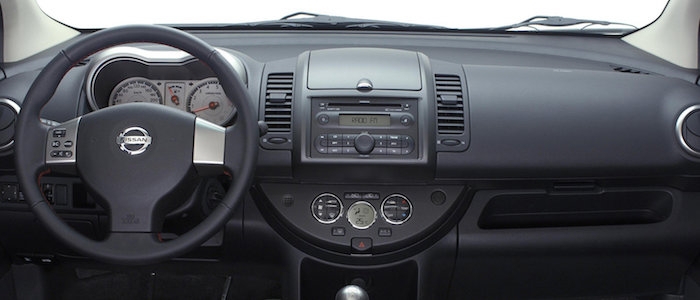Compare two cars
Compare any two cars and get our Virtual Adviser™ opinion
Marketing
Dimensons & Outlines
Engine
Performance (manual gearbox)
Performance (automatic gearbox)
Expenses
Virtual Adviser's™ opinion
Well, these are two pretty similar cars we have here! It's only details that could potentially make the difference. Considering they both belong to the mpv segment and utilize the same 5-door MPV body style and the front wheel drive system, it all comes up to the specific petrol engine choice they offer. The first one has a Ford-engineered powertrain under the hood, a 4-cylinder, 16-valves 100hp unit, while the other one gets its power and torque from a 4-cylinder, 16-valves 110hp engine designed by Nissan.
SafetyThe first thing to look into here would be the results from European New Car Assessment Programme (Euro NCAP) tests performed on the two cars. Good thing is that both vehicles got tested, with the same number of safety stars gained in the process. Still, apart from the official crash test results there are other things we need to be aware of. Both vehicles belong to the mpv segment, which is generally a good thing safety-wise, still it doesn't help us solve our dilemma, does it? On the other hand, taking kerb weight as an important factor into account, the Japanese car offers a marginal difference of 3% more metal.
ReliabilityReliability is not the best thing to consider on the make level, but it is worth mentioning that both brands display similar results in faults and breakdowns, all the models observed together. These are the official statistics, while our visitors describe reliability of Ford with an average rating of 4.4, and models under the Nissan badge with 4.3 out of 5. Some independent research have also placed Fusion as average reliability-wise, and Note is more or less at the same level.We should definitely mention that owners of cars with the same powertrain as the American car rank it on average as 4.8, while the one under the competitor's bonnet gets 2.3 out of 5.
Performance & Fuel economyNissan is a bit more agile, reaching 100km/h in 0.2 seconds less than its competitor. In addition to that it accelerates all the way to 183 kilometers per hour, 3km/h more than the other car. When it comes to fuel economy things look pretty much the same for both cars, averaging around 6.6 liters of fuel per 100 kilometers (43 mpg), in combined cycle.
Verdict
Ford is apparently more reliable, not too much, but just enough. The most important thing when deciding between any two vehicles should always be safety, both passive and active. In my opinion, everything taken into account, the Japanese car offers slightly better overall protection and takes the lead. It all continues in the same direction, with Nissan offering somewhat better performance, just enough to call it quicker. Fuel consumption is more or less the same. At the end, as much as I'd like to give you a winner here, it's simply a pure tie if you ask me. Nevertheless, let's not forget that people have different preferences and needs, so what really counts is your personal feel. I'm only here to help. Also, you could use the oportunity to find out which car, everything taken into account, would be the perfect choice for you in the eyes of the virtual adviser™, among thousands of similar, yet so different vehicles.































